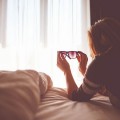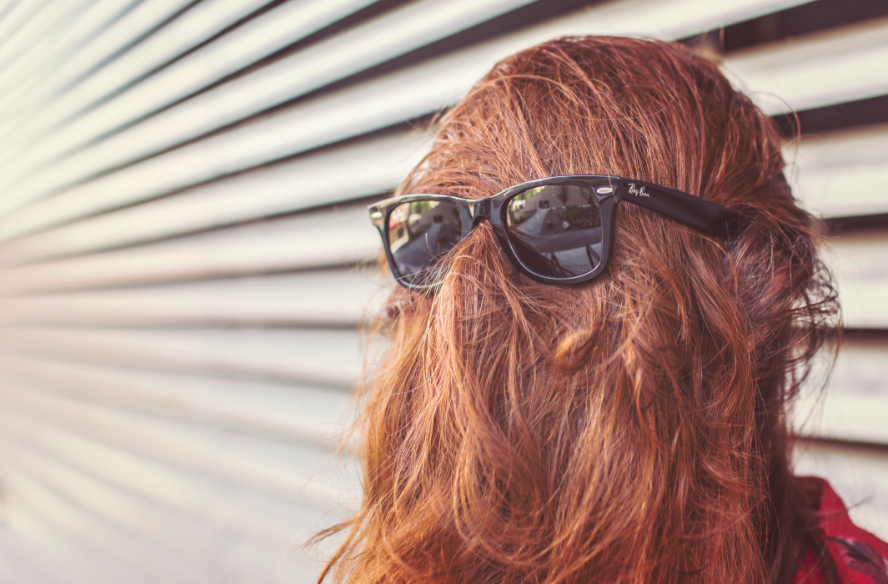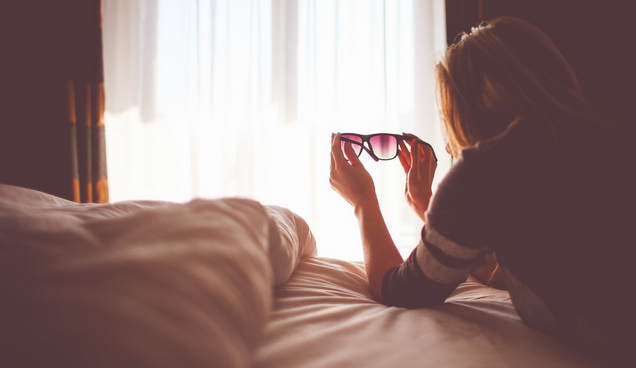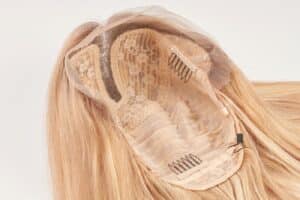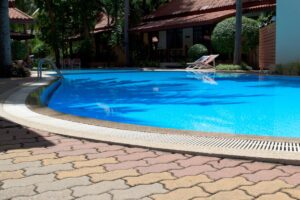With limited hours in the day, opportunity seizures love to ask how many hours of sleep they really need. Budding entrepreneurs, mothers and South Korean students all work tirelessly to challenge how much sleep they need. A recent study by a sleep researcher (yes, they do exist) has found a surprising answer.
But first, some science!
Ying-Hui Fu, a sleep researcher at the University of California at San Francisco, discovered a gene—called DEC2—associated with people who can get away with less than six hours of sleep without any adverse health effects.
These lucky ducks have gained some sort of sleep resistance, which helps them fight any negative effects on cognition or risks of cardiovascular diseases that usually arise from sleep deprivation. According to Quartez,
The gene seems relatively rare, and Fu hasn’t done enough research yet to predict its frequency in the general population. But she believes that the gene works by affecting the circadian rhythm and thus changes how the usual day-night cycle operates in these people.
So… how much sleep do I need?

Most people in the world need 8 hours of sleep. That isn’t news. However those who have this rare gene can survive on 4-6 hours of sleep – and still be bright eyed and bushy tailed! They can sleep from 2am – 8am and be awake and active throughout the day.
Furthermore these people don’t even suffer any adverse effects. As in, their health is still perfectly in tact! And this does not just affect those young kids. Rather, some research participants were in their 90’s and still getting by on 6 hours.
The only downside is that having 4-6 hours of sleep is not a choice – rather it is a need. They begin to feel groggy if they sleep for over 6 hours. So imagine having a baby with this rare gene – talk about difficult parenting!
Do I have the DEC2 gene?
You possibly do! The most obvious symptom is the amount of sleep you get. Do you usually sleep for 4-5 hours and still feel fine in the morning? What’s more is this by circumstance or by choice?
However you need to monitor whether this is having any adverse effects on your health. Did you know that a lack of sleep leads to acne? Eek!
How much sleep do I really need?
Quartz says the best way is to listen to your body and figure out what is the best schedule and duration for yourself. For example, when you are on vacation and have no social responsibilities and no other external influences, what is your body telling you to do and how do you feel? What makes you feel the best most of the day? Although that may sound primitive, it’s still the most accurate way.
Today’s popular wearables can only measure movement and maybe heart rate. They cannot tell you anything about the quality of your sleep. To really know the quality of sleep, we have to be able to measure EEG (electroencephalogram) during sleep. Most EEG devices are difficult to use and expensive.
So unfortunately with today’s technology, you can not accurately measure how much sleep you need down to a T. Technology and it’s pricing does not allow for it. You instead need to go the old fashioned, primitive way of knowing yourself.
Help I don’t think I have the gene!
If you do not have the gene, do not panic. The thought of losing two hours every day is a bit intimidating. However the thought of causing future health problems for yourself should be even more intimidating.
Trying to adapt your body’s need for sleep is not worth it. It will increase your chance of having health problems later on and it definitely will affect your mental vigilance.
The best thing you can do is get a good nights sleep. Not a long nights sleep, a good nights sleep. Get comfortable sleeping accessories. If you live in a noisy environment, get earphones. If your roommate sleeps with the lights on, get an eye mask. Do whatever it takes to get your needed sleep.

